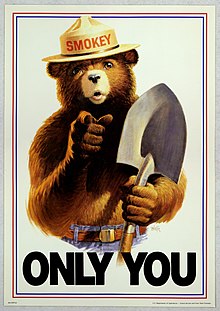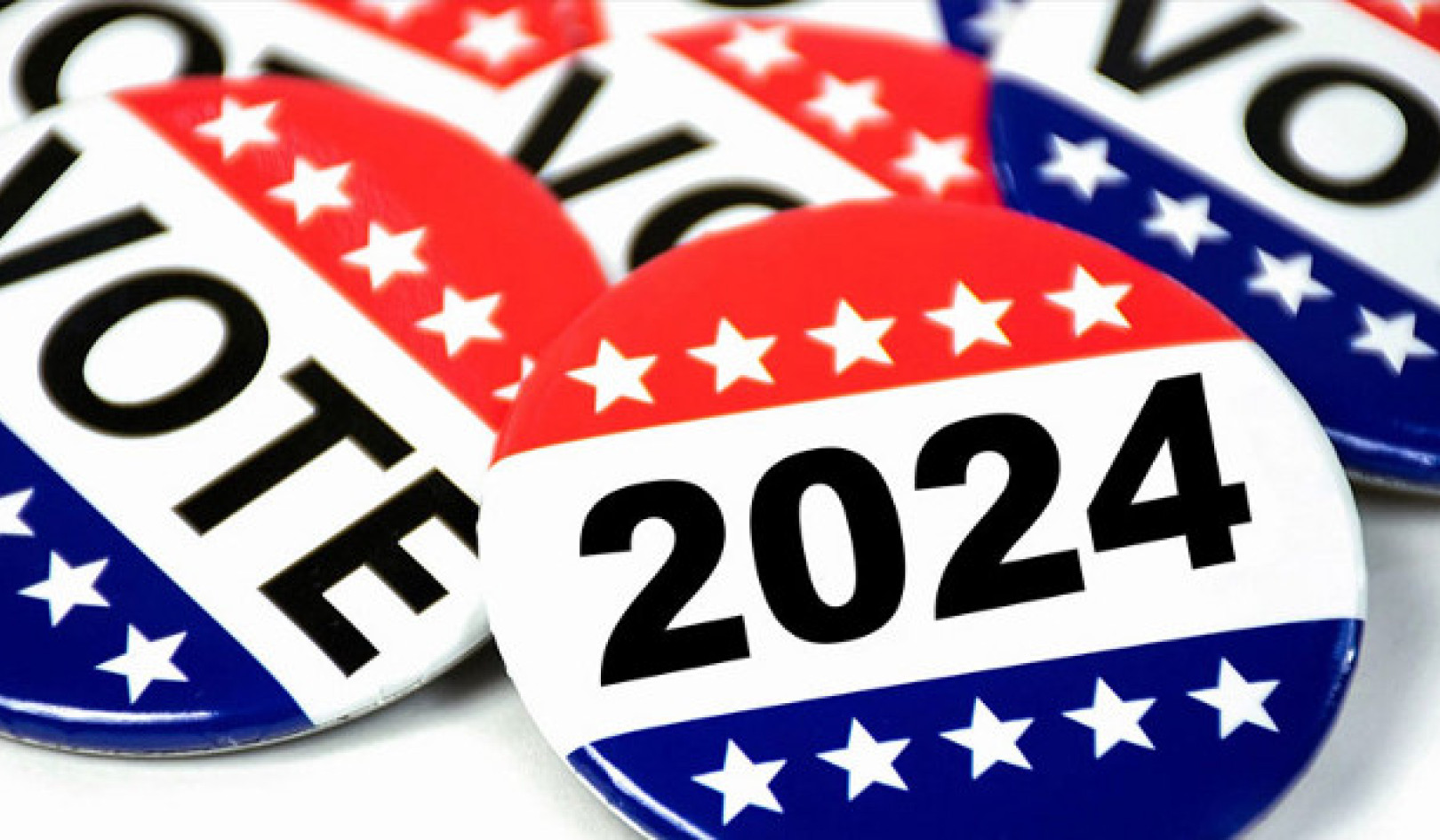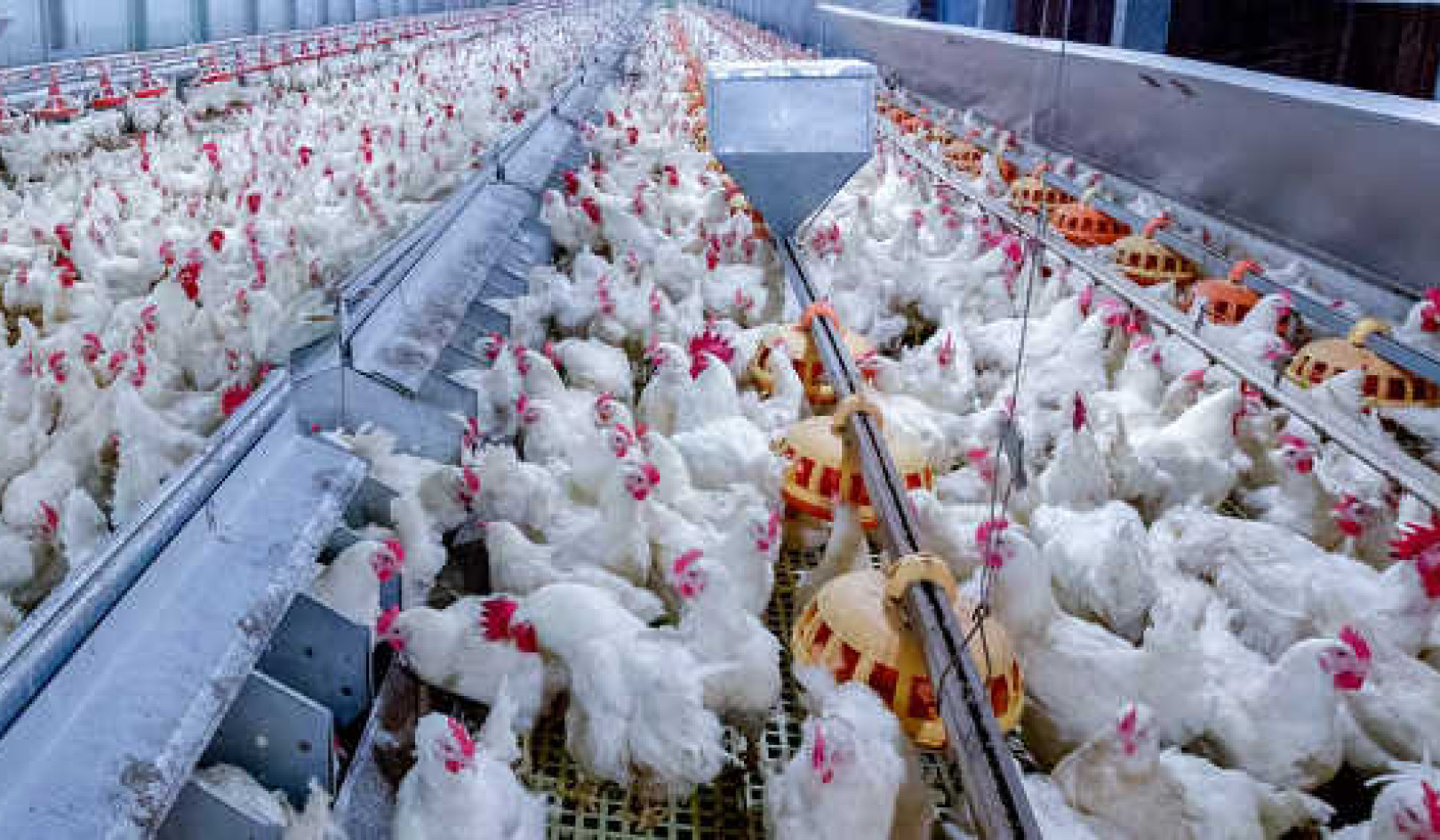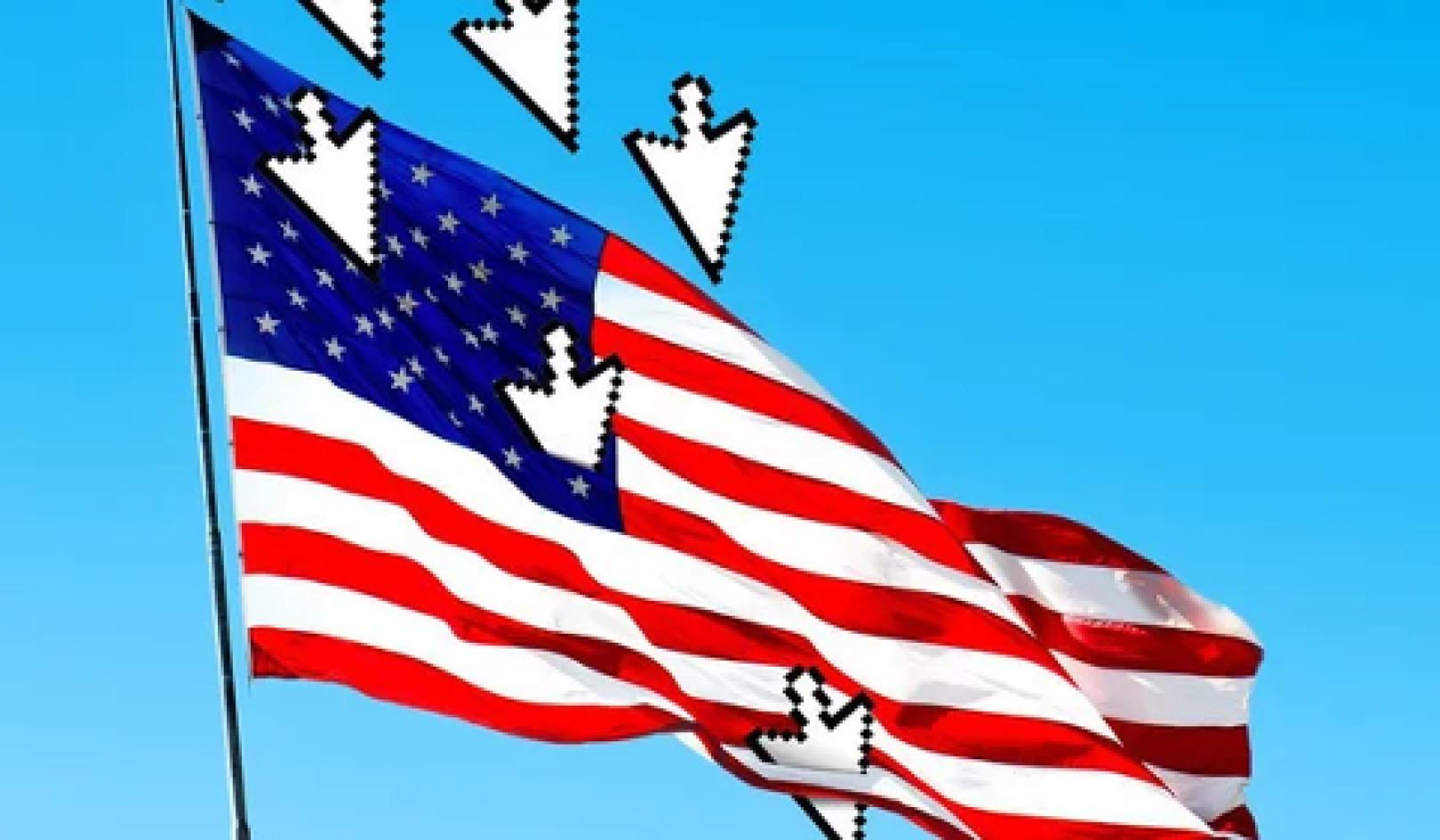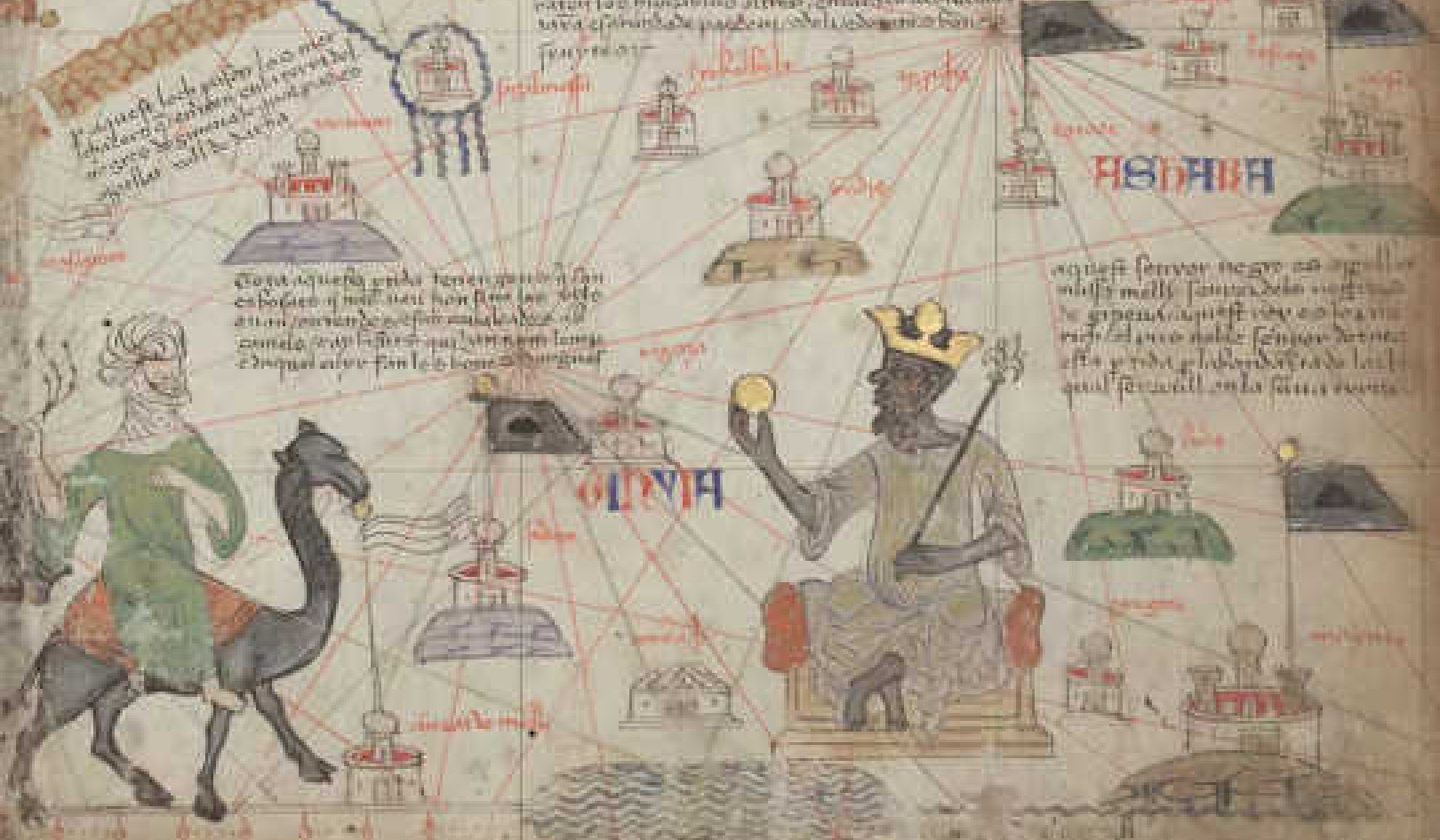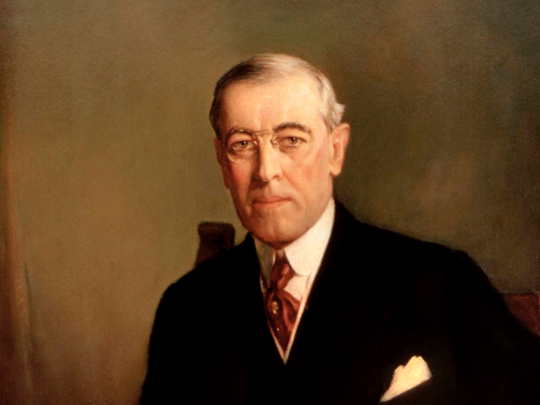
The US president “had no plan, no scheme, no constructive ideas whatever”, according to one of the world’s most influential economists.
He was “in many respects, perhaps inevitably, ill-informed”. He was “slow-minded and bewildered”, and failed to remedy these defects by seeking advice. He gathered around him businessmen, “inexperienced in public affairs” and “only called in irregularly”.
This assessment was written a century ago, in 1919, by the up-and-coming economist John Maynard Keynes.
The president was Woodrow Wilson, whom Keynes criticised for his inability to influence Europe’s post-first world war settlement in a way more likely to lead to peace and prosperity.
A century later the United States has another president out of his depth in global affairs. Wilson, at least, was a “generously intentioned” man. What would Keynes make of Donald Trump, whose policies are driven by a sense of entitlement and fear of being played for a sucker?
This week, at the World Economic Forum in Davos, Trump flagged new fronts in his dangerous campaign of economic nationalism. He reaffirmed his intention to reshape the World Trade Organization, which he said been “very unfair to the United States for many, many years”.
He fretted about the “tremendous advantages” given to China and India. He threatened tariffs on European cars if the European Union didn’t agree to a “fair” free-trade deal.
The barrier-besotted president is pretty much everything Keynes warned against as ruinous to the prospects of a lasting peace.
A tale of two presidents
Keynes had observed Wilson at the talks in Paris to conclude the Treaty of Versailles, which set out the detail of terms and conditions following Germany’s surrender (on November 11 1918) to end the war.
Wilson had proposed 14 points for a “just and stable peace” but proved completely ineffectual at the talks. The result was a treaty with terms so punitive for Germany they arguably created the conditions for Adolf Hitler to come to power, and thus led to the second world war.
Keynes’s disquiet with the treaty led him to write the book The Economic Consequences of the Peace.
Wilson’s great failure was his inability to prevent punitive action. Trump’s is his love of punitive action. If his default stance in international diplomacy was to be summed up in a three-word slogan, it would be “Make Them Pay”.
In the longer term his administration’s intransigence on climate change may well prove Trump’s worst policy legacy to the world. But right now he is doing most damage through bringing back tariffs, particularly in the trade war started with China.
Trump has claimed (more than a hundred times in 2019, by one count) that he has made China pay by imposing tariffs on Chinese exports to the US. The truth, of course, is that US import tariffs “were almost completely passed through into US domestic prices”. China pays through its goods being less competitive.
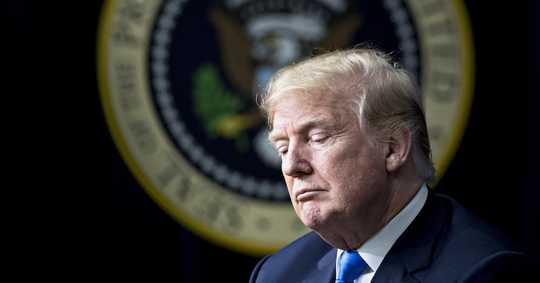
Trade war costs
Trump has bragged just as loudly about winning the peace. A week ago he declared a “phase one” trade deal as “the biggest deal anybody has ever seen”.
But really all this agreement does is reverse some of the harmful actions the US has taken. It has been aptly called a “partial and defective” truce.
This week the International Monetary Fund (IMF) updated modelling first published in October 2019 estimating the damage the US-China trade war will do in 2020.
Its initial modelling estimated the tit-for-tat tariffs would reduce the level of global GDP in 2020 by 0.8 percentage points. Trump’s “biggest deal anybody has ever seen” will reduce that harm, but by just 0.3 percentage points, meaning world growth will be 3.3%, rather than 3.8% in 2020. And that’s only, says IMF chief economist Gita Gopinath, if the deal proves durable.
The IMF’s October 2019 modelling included a breakdown of how much various economies would suffer in 2020 from the trade war. It estimated China’s real GDP would be 2 percentage points lower than otherwise, with the US down 0.6 percentage points. Europe and Japan would lose about 0.5 percentage points.
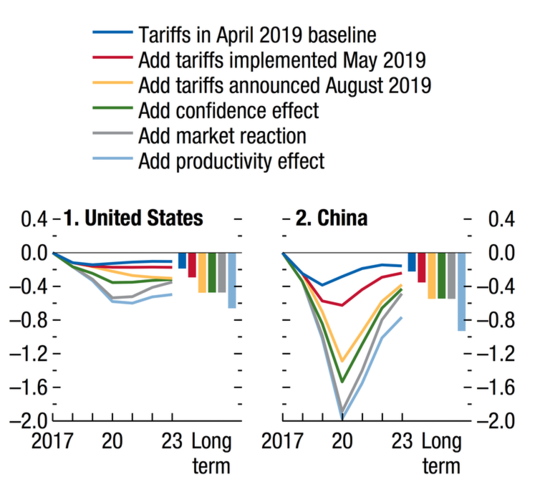
IMF, World Economic Outlook, October 2019 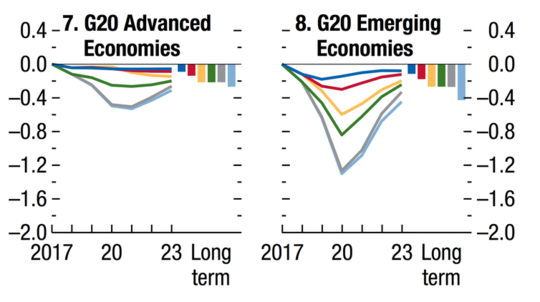
IMF estimates of the effect of US-China trade barriers. IMF World Economic Outlook, October 2019
China’s economy is growing at three times the rate of the US – an estimated 6% compared with 2% – so the hit is almost equal. In terms of lost GDP per capita – a proxy measure for how much the tariffs cost individuals on average – the cost is about US$400 a year for both US and Chinese citizens.
Given China’s median income is well below that of the US, that forgone extra income hurts more in China – something fitting the Trumpian narrative that the trade war is making China pay more.
But the lesson of history is that punitive actions come back to bite. As Keynes so eloquently wrote a century ago, “the prosperity and happiness of one country promotes that of others”.
Crucial to peace and prosperity, Keynes said, was free trade, which he hoped could mitigate the adverse “new political frontiers now created between greedy, jealous, immature, and economically incomplete nationalist States”.
Wilson aspired but failed to replace a world order based on conflict between great powers with one based on rules and reason. Trump, by contrast, seems to prefer conflict over rules and reason.
A punitive approach to international economic relations failed a century ago. We have good reason to fear it now.![]()
About The Author
John Hawkins, Assistant Professor, School of Politics, Economics and Society, University of Canberra
This article is republished from The Conversation under a Creative Commons license. Read the original article.
Political Theory - John Maynard Keynes
{vembed Y=qtAeINU3FKM}
Remember Your Future
on the 3rd of November
Learn about the issues and what's at stake in the November 3, 2020 US Presidential election.
Too soon? Don't bet on it. Forces are conniving to stop you from having a say in your future.
This is the big one and this election may be for ALL the marbles. Turn away at your peril.
Only You Can Prevent 'Future' Theft
Follow InnerSelf.com's
"Remember Your Future" coverage
Recommended books:
Capital in the Twenty-First Century
by Thomas Piketty. (Translated by Arthur Goldhammer)
 In Capital in the Twenty-First Century, Thomas Piketty analyzes a unique collection of data from twenty countries, ranging as far back as the eighteenth century, to uncover key economic and social patterns. But economic trends are not acts of God. Political action has curbed dangerous inequalities in the past, says Thomas Piketty, and may do so again. A work of extraordinary ambition, originality, and rigor, Capital in the Twenty-First Century reorients our understanding of economic history and confronts us with sobering lessons for today. His findings will transform debate and set the agenda for the next generation of thought about wealth and inequality.
In Capital in the Twenty-First Century, Thomas Piketty analyzes a unique collection of data from twenty countries, ranging as far back as the eighteenth century, to uncover key economic and social patterns. But economic trends are not acts of God. Political action has curbed dangerous inequalities in the past, says Thomas Piketty, and may do so again. A work of extraordinary ambition, originality, and rigor, Capital in the Twenty-First Century reorients our understanding of economic history and confronts us with sobering lessons for today. His findings will transform debate and set the agenda for the next generation of thought about wealth and inequality.
Click here for more info and/or to order this book on Amazon.
Nature's Fortune: How Business and Society Thrive by Investing in Nature
by Mark R. Tercek and Jonathan S. Adams.
 What is nature worth? The answer to this question—which traditionally has been framed in environmental terms—is revolutionizing the way we do business. In Nature’s Fortune, Mark Tercek, CEO of The Nature Conservancy and former investment banker, and science writer Jonathan Adams argue that nature is not only the foundation of human well-being, but also the smartest commercial investment any business or government can make. The forests, floodplains, and oyster reefs often seen simply as raw materials or as obstacles to be cleared in the name of progress are, in fact as important to our future prosperity as technology or law or business innovation. Nature’s Fortune offers an essential guide to the world’s economic—and environmental—well-being.
What is nature worth? The answer to this question—which traditionally has been framed in environmental terms—is revolutionizing the way we do business. In Nature’s Fortune, Mark Tercek, CEO of The Nature Conservancy and former investment banker, and science writer Jonathan Adams argue that nature is not only the foundation of human well-being, but also the smartest commercial investment any business or government can make. The forests, floodplains, and oyster reefs often seen simply as raw materials or as obstacles to be cleared in the name of progress are, in fact as important to our future prosperity as technology or law or business innovation. Nature’s Fortune offers an essential guide to the world’s economic—and environmental—well-being.
Click here for more info and/or to order this book on Amazon.
Beyond Outrage: What has gone wrong with our economy and our democracy, and how to fix it -- by Robert B. Reich
 In this timely book, Robert B. Reich argues that nothing good happens in Washington unless citizens are energized and organized to make sure Washington acts in the public good. The first step is to see the big picture. Beyond Outrage connects the dots, showing why the increasing share of income and wealth going to the top has hobbled jobs and growth for everyone else, undermining our democracy; caused Americans to become increasingly cynical about public life; and turned many Americans against one another. He also explains why the proposals of the “regressive right” are dead wrong and provides a clear roadmap of what must be done instead. Here’s a plan for action for everyone who cares about the future of America.
In this timely book, Robert B. Reich argues that nothing good happens in Washington unless citizens are energized and organized to make sure Washington acts in the public good. The first step is to see the big picture. Beyond Outrage connects the dots, showing why the increasing share of income and wealth going to the top has hobbled jobs and growth for everyone else, undermining our democracy; caused Americans to become increasingly cynical about public life; and turned many Americans against one another. He also explains why the proposals of the “regressive right” are dead wrong and provides a clear roadmap of what must be done instead. Here’s a plan for action for everyone who cares about the future of America.
Click here for more info or to order this book on Amazon.
This Changes Everything: Occupy Wall Street and the 99% Movement
by Sarah van Gelder and staff of YES! Magazine.
 This Changes Everything shows how the Occupy movement is shifting the way people view themselves and the world, the kind of society they believe is possible, and their own involvement in creating a society that works for the 99% rather than just the 1%. Attempts to pigeonhole this decentralized, fast-evolving movement have led to confusion and misperception. In this volume, the editors of YES! Magazine bring together voices from inside and outside the protests to convey the issues, possibilities, and personalities associated with the Occupy Wall Street movement. This book features contributions from Naomi Klein, David Korten, Rebecca Solnit, Ralph Nader, and others, as well as Occupy activists who were there from the beginning.
This Changes Everything shows how the Occupy movement is shifting the way people view themselves and the world, the kind of society they believe is possible, and their own involvement in creating a society that works for the 99% rather than just the 1%. Attempts to pigeonhole this decentralized, fast-evolving movement have led to confusion and misperception. In this volume, the editors of YES! Magazine bring together voices from inside and outside the protests to convey the issues, possibilities, and personalities associated with the Occupy Wall Street movement. This book features contributions from Naomi Klein, David Korten, Rebecca Solnit, Ralph Nader, and others, as well as Occupy activists who were there from the beginning.
Click here for more info and/or to order this book on Amazon.



